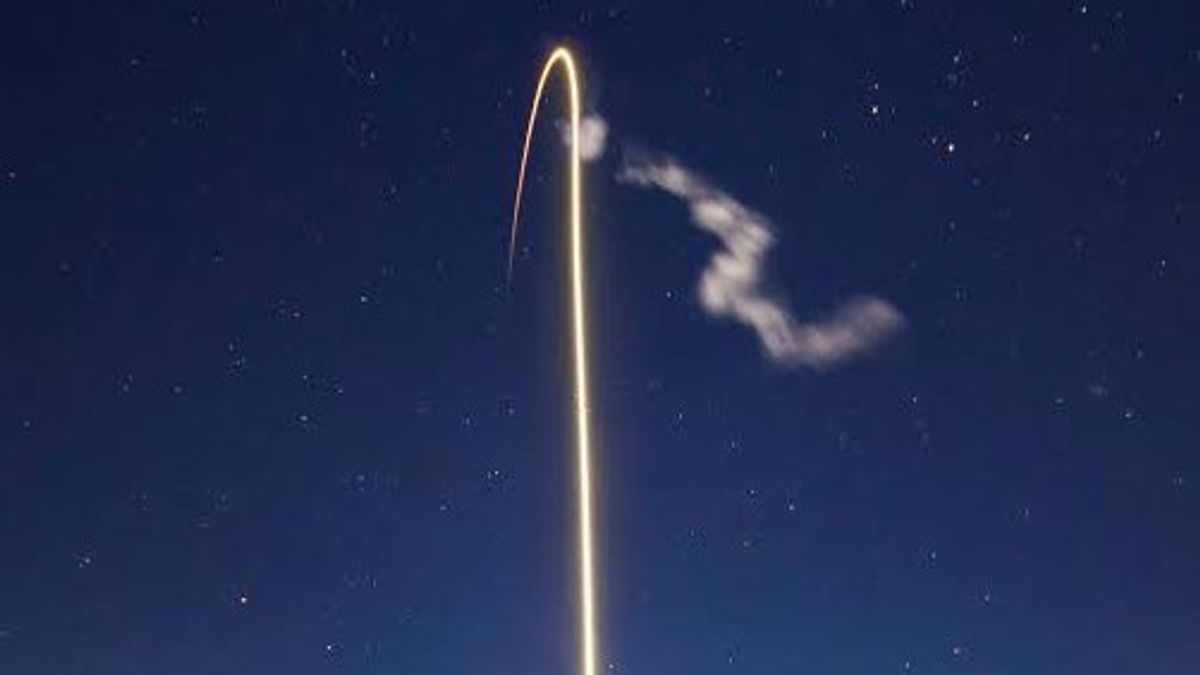JAKARTA - Recently, many telecommunications companies have launched satellites to improve their services. However, this actually raises a lot of concern for scientists.
The scientists in this case, called for environmental protection of space to take into account in the midst of the increasing number of satellite launches lately.
As more and more satellites are launched, the problem of space debris is getting worse at the same time. Scientists have warned of this, because it can have long-term consequences, both for scientific research and the well-being of people on Earth.
The deterioration of space debris is reinforced by a recent European Space Agency (ESA) report on space debris. In the report, there is an increasing number of satellite launches, especially constellations of satellites in low-Earth orbit such as SpaceX's Starlink which create unsustainable impacts on the space environment.
According to the ESA, there are more than 30,000 pieces of space debris that have been recorded in orbit around planet Earth, and the model may contain more than a million objects measuring more than 1 cm.
In a paper published by scientists in the journal Nature Astronomy, they warn that the accumulation of debris in orbit, such as out-of-function satellites or discarded rocket boosters, will have an impact on multiple fields.
In addition to satellites interfering with astronomical research, the increasing amount of trash will disrupt what they call public access to the stars, where it is the right of ordinary people to look up and see the unpolluted night sky.
"We rely on the orbital space environment by looking through it, as well as by working within it," said the scientists quoted from Digital Trends, Monday, April 25.
This applies to amateur astronomers, many indigenous groups who believe the night sky is an important part of their culture, and everyone who just wants to enjoy the view of the stars above.
Scientists argue that humans should consider space through the same lens of the environment they use Earth for, and take action to protect it.
"Therefore, we must consider the damage to professional astronomy, public stargazing, and the importance of celestial culture, as well as the sustainability of commercial, civil and military activity in outer space," the scientists stressed.
The English, Chinese, Japanese, Arabic, and French versions are automatically generated by the AI. So there may still be inaccuracies in translating, please always see Indonesian as our main language. (system supported by DigitalSiber.id)













